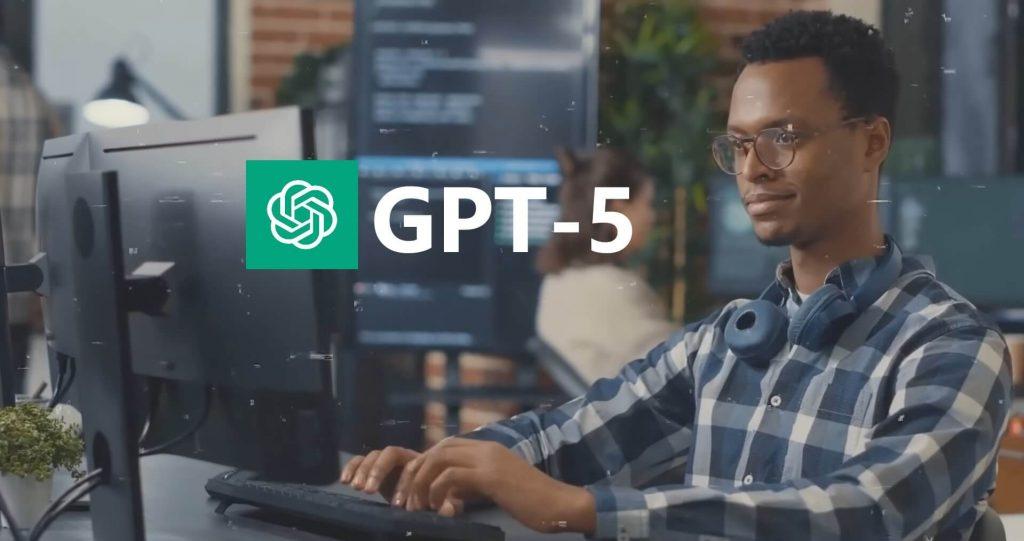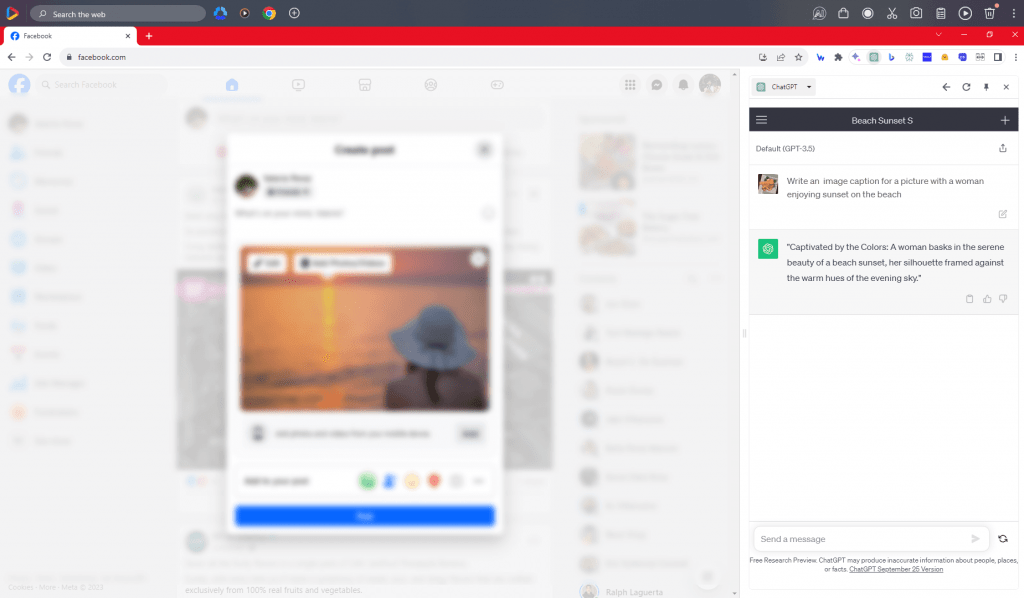AI and the Future of Work: Will GPT-5 Replace or Enhance Your Job?
In the ever-changing landscape of technology, OpenAI’s Generative Pretrained Transformers (GPT) series is gaining significant attention. This AI model series has been progressively advancing, and each new version brings with it fresh possibilities and perspectives on artificial intelligence (AI).
The GPT models are designed to understand and generate human-like text based on the data they’re trained on. They’ve shown impressive capabilities in various tasks such as translation, question-answering, and even writing creative content. With each new iteration, GPT has consistently demonstrated improvements over its predecessors, showcasing enhanced performance and increasingly sophisticated capabilities. As a result, users often ponder whether this technology is on the verge of supplanting their roles in the workforce or if it primarily serves as a tool to augment their efficiency in their respective tasks.
Intriguingly, the field of artificial intelligence is one where anticipation for the future often matches the excitement for the present. GPT-4 has already made a big splash, and now everyone’s waiting to see what GPT-5 will bring. Will it help us do our jobs better or will it take them away? Let’s find out more below.
GPT-5: OpenAI’s Future After GPT-4
Although there was some speculation about GPT-5’s early release, OpenAI CEO, Sam Altman, recently clarified that the company is not currently developing GPT-5, the anticipated successor to the language model GPT-4. This statement was made during a virtual event at MIT, in response to an open letter calling for an AI pause. Instead, Altman revealed ongoing upgrades and enhancements for GPT-4, including a plug-in that allows it to browse the internet.

However, as OpenAI continues to evolve from an open-source non-profit to a more closed-off, for-profit corporation, there are rising concerns about its transparency, particularly regarding GPT-4’s training data and architecture. Given all the speculations, AI enthusiasts are looking forward to significant advancements with GPT-5. Expected capabilities include reductions in AI hallucinations, improvements in compute efficiency, multisensory and multimodal understanding, the introduction of long-term memory, and a leap in language modeling capabilities.
While these potential features paint a promising picture of future AI technology, they remain speculative until we receive concrete news from OpenAI. For now, the company’s focus remains on improving GPT-4 while addressing potential safety and ethical concerns.
Today, as the potential and ethical considerations of AI are considered, attention has shifted towards its role in reshaping the work environment. The question that arises is: will it replace occupations or enhance them?
AI – A Job Enhancer, Not Just a Job Replacer
Artificial intelligence is infiltrating various industries at an unprecedented pace. While it brings numerous benefits, such as improved efficiency and accuracy, it also raises valid concerns about job security.
The future of AI, particularly the next generation AI language model GPT-5, and its potential impact on the job market was a hot topic at TechCrunch Disrupt 2023. The discussions revolved around whether AI will replace or enhance jobs, especially in creative fields like writing and film industry. May Habib, CEO of Writer, argued that AI tools are creating more jobs than they’re eliminating by increasing productivity and efficiency. This stance comes at a crucial time when the role of AI in the writing process was under scrutiny during the recent writer’s strike.
Conversely, Ofir Krakowski, co-founder and CEO at deepdub.ai, emphasized that his AI tool, designed to make content more accessible, hasn’t led to job losses but rather created more work opportunities. The conversation also highlighted the limitations of AI, such as its inability to comprehend humor and the need for culturally sensitive translations. A noteworthy point was the phenomenon of AI ‘hallucination” where AI inaccurately generates information. These insights provide a nuanced perspective on the future of work in an AI-driven world.
AI: Amplifying Productivity & Boosting Human Capabilities
While there’s no denying that artificial intelligence has the potential to automate certain tasks, particularly repetitive ones, it’s not poised to replace humans entirely in most jobs. In fact, for a significant number of professions, AI is more likely to act as a powerful ally than a threat.
AI can streamline workflows, increase efficiency, and handle high-volume data tasks, freeing up human workers to focus on areas where they truly excel. This includes tasks that require creativity, critical thinking, emotional intelligence, and the kind of nuanced decision-making that AI can’t replicate. AI’s role in the workplace isn’t about rendering humans obsolete but rather working alongside them, complementing their skills, and augmenting their capabilities. It’s about using AI to take care of the mundane so that humans can concentrate on the extraordinary.
The continuous evolution of AI presents a steady increase in assistance and improved outcomes. OneStart, an internet browser with integrated AI tools such as ChatGPT, serves as a prime example of this advancement. Moving forward, it’s key to see how this new tool can be beneficial – not just for 2023, but for many more years to come.
OneStart: An Innovative Browser for Launching ChatGPT
With ChatGPT’s presence in OneStart, a computer application that functions as a web browser, it will bring about enhanced productivity by accelerating data and information usage. Since Onestart is capable of also integrating various AI software applications and extensions directly into its browser, users will have no need to open numerous browser tabs just to research relevant information.
Remarkably, OneStart has taken significant steps to further improve user experience by incorporating a quick-launch feature for ChatGPT. This feature has been added to assist users in seamlessly incorporating AI into their browser-based activities, whether it involves composing a tweet, writing an article, or conducting research.

With ChatGPT integrated into OneStart, you can browse websites, Facebook, and other content while keeping it readily accessible on the right-hand panel for use at any time.
You won’t have to open a new browser tab and log in separately to access ChatGPT.
With OneStart’s browser, you can effortlessly draft articles, create social media posts, craft captions, and more, all while keeping ChatGPT readily available on the side for whenever you require its assistance. These benefits, along with a range of other convenient OneStart features, are at your fingertips once you’ve downloaded the OneStart browser.
